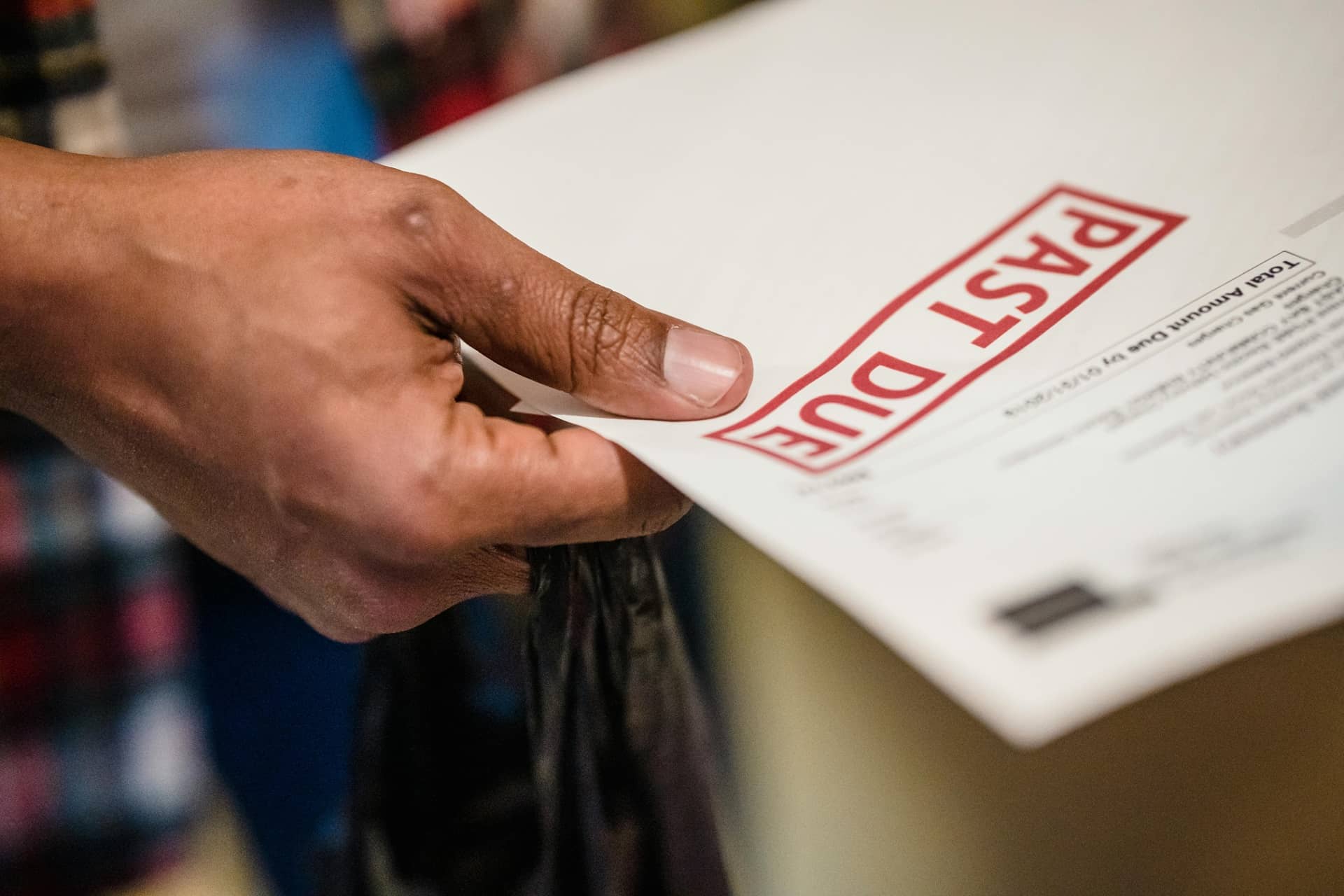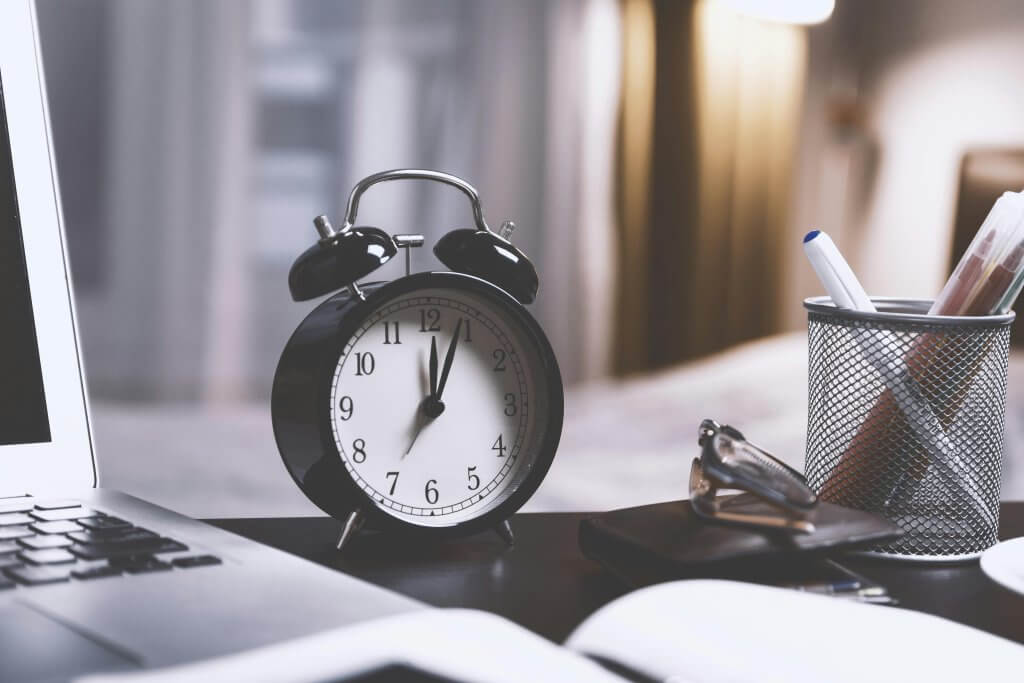Compulsory Liquidation is the forced liquidation of an insolvent company by the courts. It happens when, because a company cannot pay its debts, and one or more of its creditors send a winding up petition to the courts, to enforce the liquidation (or winding up) of the company’s assets to repay the money owed. If the courts agree with the creditors, they will grant a winding up order and appoint an Official Receiver to handle the liquidation.
What are the circumstances of Compulsory Liquidation?
The first stages.
Compulsory Liquidation is usually the last resort for creditors. It will be preceded by other attempts to get payment of the outstanding money. In fact, the winding up order will not be granted if the creditors cannot prove they have made previous, unsuccessful efforts to recover the debt. This proof is usually in the form of threatening letters, county court summons, county court judgement and bailiff action.
A company’s biggest creditor is often HMRC. As they have huge power and gravitas behind them, it’s imperative that you do try to pay them the tax money you owe. If you cannot pay the money you owe to HMRC, you should tell them before your payment is due. They have a dedicated Time to Pay resource. If you’re struggling with your business finances, you can use this to negotiate more favourable payment terms.
In some cases, you might also be able to negotiate payments with other creditors, either through an informal agreement or a formal insolvency procedure like a Company Voluntary Arrangement (CVA). If you have tried all these avenues then the next stage is to take more serious action.
An alternative option to Compulsory Liquidation
If you’ve been issued with demands for payment, as we talked about above, the next step for your creditors is to issue the threat of a winding up petition. Before this happens, or even when you receive this threat, you have the power to stop it using a Creditor’s Voluntary Liquidation or CVL.
A CVL is a formal insolvency process which requires the involvement of a licensed insolvency practitioner from the very beginning. You’ll need to stop trading. Then we’ll take control of your company, arrange for the sale or your assets and pay your creditors back with the proceeds. The company will then be closed. A CVL pre-empts any legal action by your creditors and allows you to avoid the circumstances of Compulsory Liquidation by closing your insolvent business on your own terms.
The circumstances of Compulsory Liquidation
As we’ve mentioned above, your creditors must first submit a winding up petition to the court showing that you have an outstanding debt (this must be more than £750) that they have made attempts to collect and have been unsuccessful doing so.
When this petition is heard in the court, the judge will decide if the liquidation can go ahead. If you have objections to the winding up petition, this is when you need to present your case.
If the judge sides with your creditors they will issue a winding up order and the liquidation is granted, the court will then appoint an official receiver. You have the right to appoint your own licensed insolvency practitioner to guide you through the Compulsory Liquidation process.
As with a Creditors’ Voluntary Liquidation, your company assets will be sold by a liquidator and the released funds used to pay back your creditors. It’s then removed from the register at Companies House.
How can liquidation.co.uk help you with Compulsory Liquidation?
If you’re being threatened with a winding up petition, our licensed insolvency practitioners can help to protect you from further legal action. Even if a winding up order has been granted, we can advise you on the circumstances of Compulsory Liquidation and guide you through the process.
As industry leading experts with 40 years’ experience, we are in the best position to match any like for like quote ensuring you receive the best service for the lowest price.




